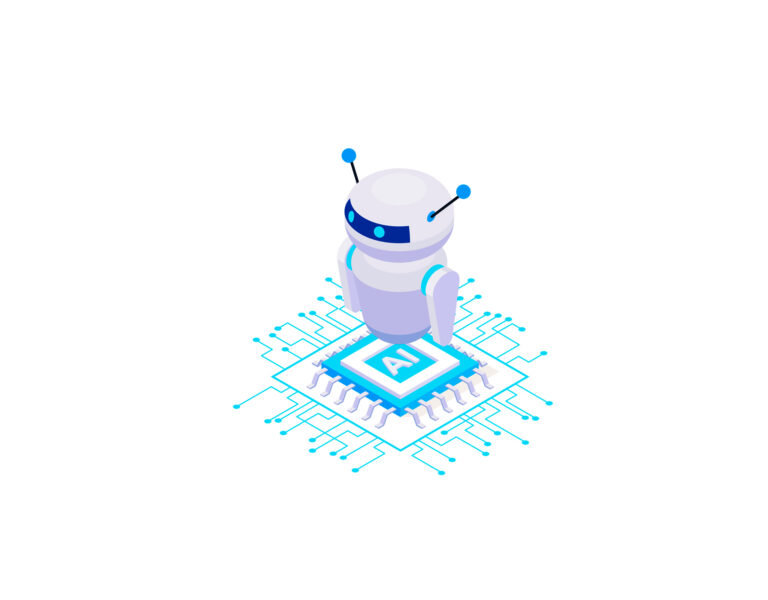Efficient automation: AI allows us to automate repetitive tasks, so we can focus on more creative and strategic activities, this helps us be more productive and makes us feel more satisfied in our work.
Increased accuracy: AI systems have the ability to process a lot of information quickly. This helps to make better decisions in areas such as medicine, business, agriculture, etc. For example, in medicine, AI can analyze similar cases to obtain more accurate diagnoses. In business, it can suggest intelligent decisions based on sales data and customer preferences. And in agriculture, it helps make decisions about cultivation to obtain better results.
Improved productivity: Integrating AI into business processes can improve the way businesses operate. For example, machine learning algorithms can help optimize operations and reduce delivery times, resulting in greater profits and profitability for companies.
Personalization and customer experience: AI can help companies understand their customers better. As it does? Collecting and analyzing data about them. This allows us to offer personalized experiences, adapted to the needs of each person.
Advances in healthcare: AI has brought great advancements to medicine. Doctors now have more precise and effective tools to diagnose and treat diseases. It can help find new medications and improve the accuracy of diagnoses. Furthermore, robot-assisted surgery is a reality. All of this means more effective treatments, lower healthcare costs, and a better quality of life for patients.
Possible disadvantages of Artificial Intelligence:
Job displacement: AI-driven automation can see some tasks performed by machines instead of people. This means that some jobs could disappear, which could affect the number of jobs available and economic equality. You must be prepared to adapt to new skills and roles in this technological change to ensure job opportunities in the future.
Bias and discrimination: It is based on past data, which may reflect inequalities. If not properly monitored, AI can make unfair decisions and increase inequalities in society. For example, in contracting, credit or criminal justice. It is important to ensure that algorithms are fair and do not perpetuate biases, to avoid discrimination and unfair decisions.
Privacy and security: AI raises concerns about data privacy and security. If used to monitor or control people, it could compromise privacy. Personal data could be used without consent to make decisions about people. It is important to ensure that data is protected and used ethically and securely to prevent abuse and protect privacy.
Dependency: Relying too much on AI can limit your ability to make decisions and solve problems. For example, if you always rely on a machine to do everything. This could affect creativity and innovation capacity. It is important to find a balance, using AI as a useful tool but also maintaining the ability to think and make decisions independently.
Manipulation and disinformation: AI could be used to create and spread, on a large scale, false or manipulated information, such as fake news or altered videos that appear real. This can damage trust in information and make it difficult to make decisions based on real facts. It is important to be critical and verify the veracity of the information received so as not to be deceived and make informed decisions.
Autonomous weapons: The use of AI in autonomous weapons is worrying. These weapons could make lethal decisions without direct human intervention or robots deciding who to attack without considering ethical values. It is important to have clear regulations and standards to ensure that AI weapons are used responsibly and under human control to avoid devastating consequences.

